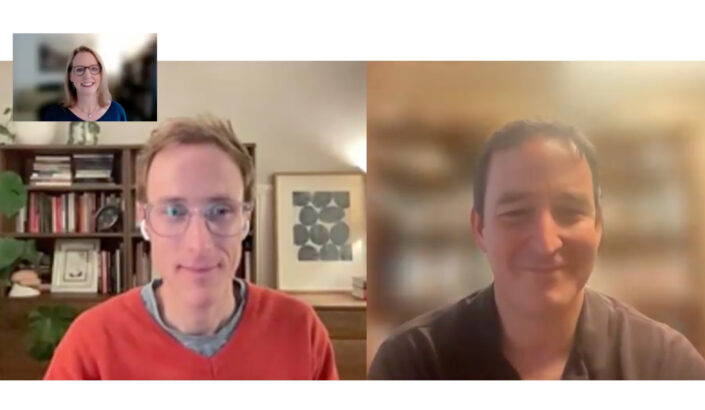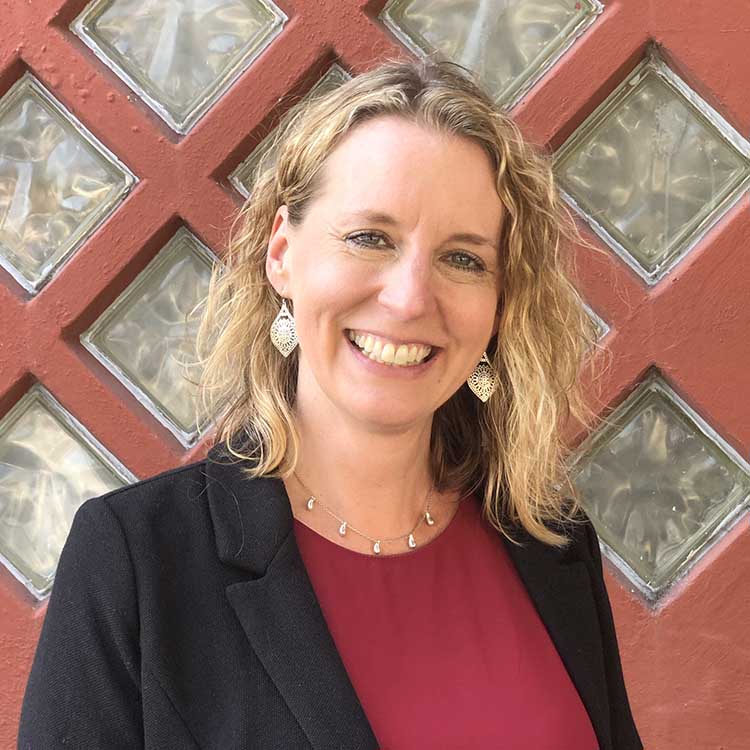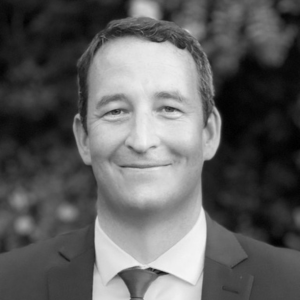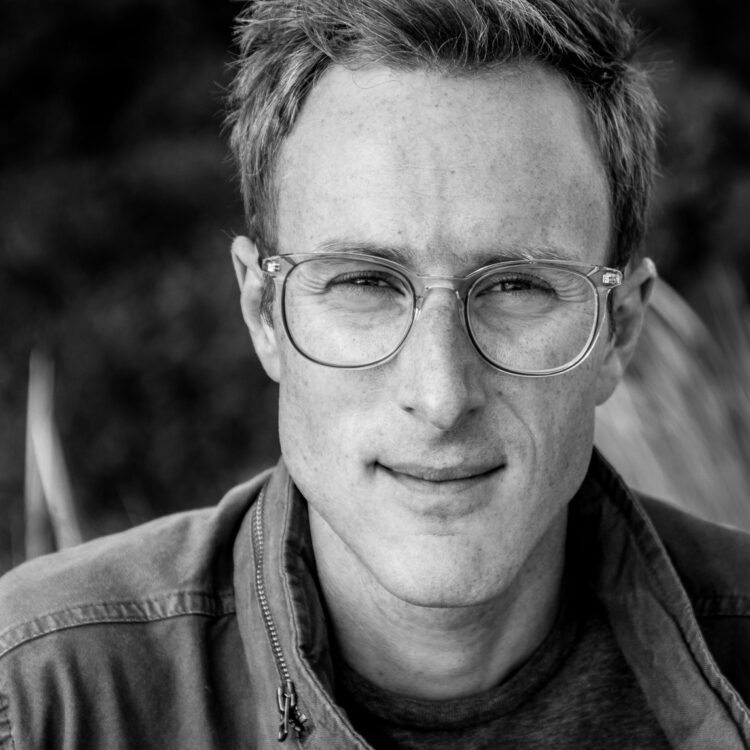How often do you admit when you’re wrong?
Research tells us that we can all benefit from intellectual humility. Join the Greater Good Science Center’s education team to learn how to build humble, open-minded learning experiences—for yourself and your students.
Hosted by Amy L. Eva, Ph.D., Associate Education Director at the Greater Good Science Center. Joined by two leading researchers in the science of intellectual humility: Don E. Davis, Ph.D., and Daryl R. Van Tongeren, Ph.D. Don E. Davis is a psychologist who leads the HAPPI Lab at Georgia State University. Daryl R. Van Tongeren, Ph.D., is a Professor of Psychology and the Director of the Frost Center for Social Science Research at Hope College and the author of Humble: Free Yourself from the Traps of a Narcissistic World.
This is a free meeting. Space may be limited. Register today to reserve your spot!
This free community meeting was part of a four-part series designed to help educators improve relationships in schools. In these virtual workshops with guest experts and leading researchers, educators learned about the science of curiosity, empathy, humility, and forgiveness, and how to build the key capacities to promote care, connection, and understanding in our schools. Below are some additional resources to explore.
Watch a Clip:
Related Resources:
Are you willing to concede if you don’t know something? Or do you get defensive when someone questions your beliefs?
How Educators Can Get Comfortable With Intellectual Humility
How can we get more comfortable with the “messy middle” of our own learning as educators, our day-to-day anxieties about our teaching performance, and our general discomfort with uncertainty as humans in this world? Here are some tips.
How Humility Can Make Your Students the Best People Ever
Simple ways for educators to help students move from “me” to “we.”
Good Listening: A Path Towards Greater Humility
Help students practice good listening in their conversations and reflect on what was said to cultivate greater humility.
In this episode of the Hidden Brain podcast, Daryl Van Tongeren talks about different kinds of humility and how this overlooked quality can play a powerful role in our lives.
Happiness Calendar for Educators for October 2024
This month, bring more humble and open-minded learning to your school with daily tips from Greater Good Science Center’s education team.





